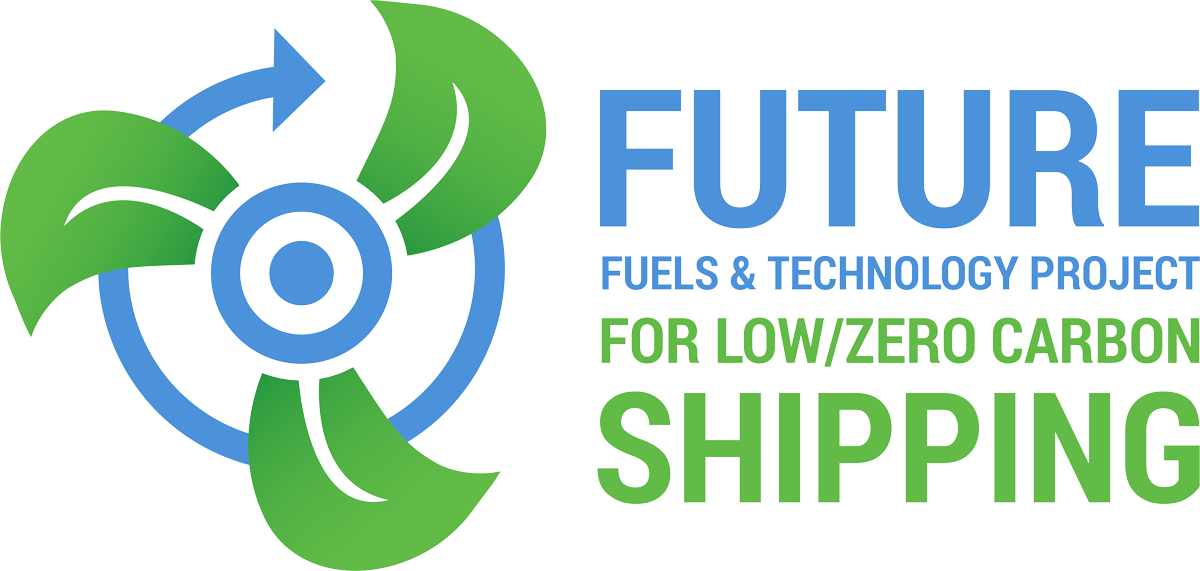To recommend effective strategies for the shipping sector to achieve the IMO emission reduction targets
Topic: Alternative fuels/energy
Oceans of Opportunity
To explain the impact of green methanol and ammonia and propose the implementation of zero-emission fuel bunkering at ports by 2030
Potential of Hydrogen as Fuel for Shipping
To identify the potential for adopting hydrogen as a marine fuel by examining the production capacity, the regulatory landscape, and technologies along with techno-economic analyses and risk-based case studies
Commercial Readiness of Absolute Zero GHG Technologies
ZESTAs’ paper discusses findings from the MARIN NL Model for ESSF SAPS, which compares various marine fuels’ greenhouse gas emissions over a 100-year Global Warming Potential (GWP), noting that some fuels produce 0% emissions over this period. Only technologies reaching at least demonstration stage (TRL7 or higher) are considered. Additionally, references are made to Technology Readiness Levels (TRLs) and Commercial Readiness Levels (CRLs) following expanded definitions presented to ISWG-GHG 14 by IMO Secretariat, DNV, and Ricardo plc on 22nd March 2023.
The Poseidon Principles: 2023 Annual Disclosure Report
The Poseidon Principles, embraced by 80% of global ship finance, have aligned with the IMO’s net-zero emissions ambition by 2050, reflecting a commitment to climate action and transparency in maritime lending decisions. Despite industry challenges, such as port congestion and personnel shortages, the principles have shown significant progress in decarbonization efforts, with a +95.4% reporting percentage indicating growing industry recognition of the importance of transparency and collaboration in achieving sustainability goals. The publication of the 2023 Annual Disclosure Report highlights the shipping finance sector’s leadership in fostering a more sustainable future for the maritime industry.
Bio-Ethanol as an alternative fuel for vessels
To firmly ensure the research on CO2 reduction in shipping by depicting advantages and disadvantages of bio-ethanol as an alternative fuel for shipping decarbonization
Recommendations for Design and Operation of Ammonia-Fueled Vessels Basd on Multi-disciplinary Risk Analysis
To understand the risks of using ammonia, including primarily toxicity, onboard fires and explosions and provide the safeguards that can be implemented to reduce them to tolerable levels
Marine Methanol Future-Proof Shipping Fuel
To provide insight into the pros and cons of methanol as a marine fuel compared to traditional marine fuels and alternatives such as LNG, hydrogen, ammonia, and batteries
Oil Analysis & Forecast to 2028
To provides analysis, data, and information on the demand, supply, refining, and logistics distribution of petroleum resources. Based on the current data identified, the paper predicts the demand and supply of fuel oil energy resources on land and at sea until 2028 and provides related information. In addition, the outlook for international petroleum-based energy is analysed based on development information on new and renewable energy produced by region, especially in the Middle East and Asia, including China and India.
GHG emissions 2030 in shipping – Analysis of the maximum technical abatement potential
To analyze the greenhouse gas emissions of international shipping based on the fuel life cycle (WtW). The main finding is that global shipping can reduce carbon emissions by half within 10 years with minimal impact on international trade.
According to the report, by 2030, emissions are projected to decrease by 36 to 47 percent compared to 2008 through the use of 5 to 10 percent zero or near-zero fuels, wind assistance technology, and ‘climate optimizing’ of ships.

